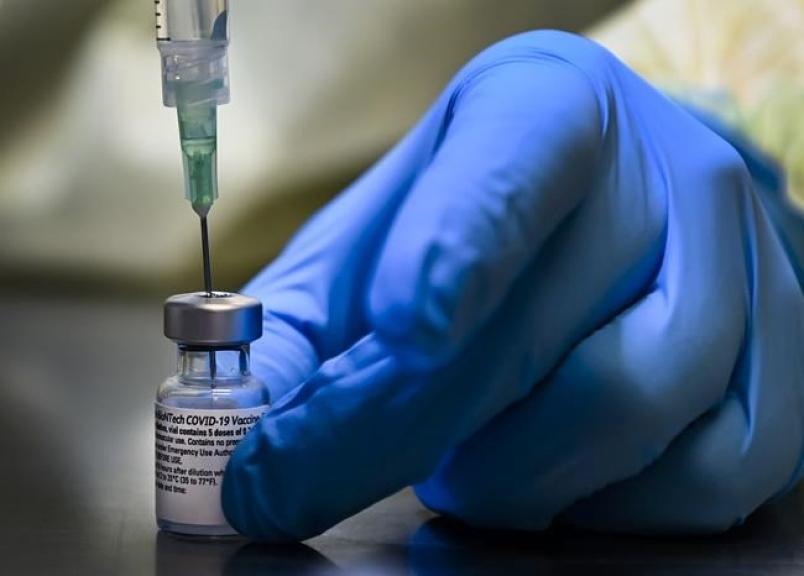When COVID-related public health orders were at their most stringent, many doctors questioned them or refused to comply with them. These doctors have since gone through months of disciplinary hearings and we’re now starting to see how their cases are decided.
How such cases play out in Ontario could influence how they play out across the country, says lawyer Michael Alexander.





